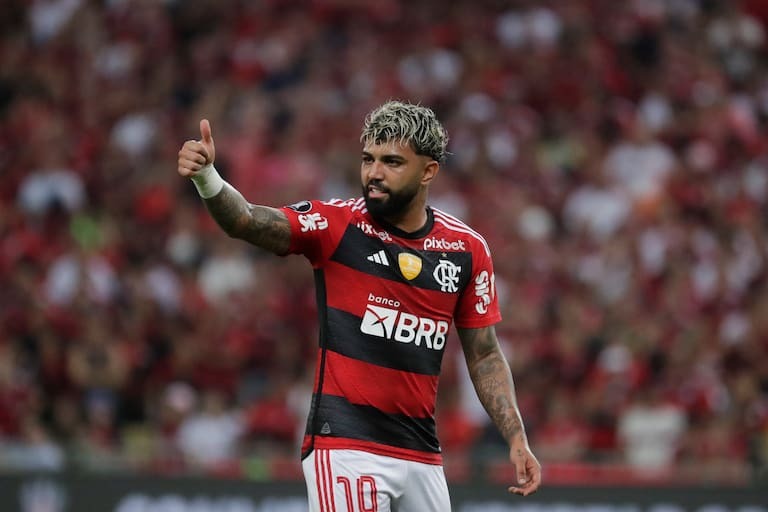Introduction
In a landmark decision that may shape the future of anti-doping jurisprudence, the Court of Arbitration for Sport (CAS) has ruled in favor of Brazilian football star Gabriel Barbosa—widely known as Gabigol—overturning the 24-month suspension he had received from the Brazilian Anti-Doping Tribunal (BADT). This case highlights critical legal standards concerning tampering allegations under the World Anti-Doping Code (WADC) and reinforces procedural fairness in anti-doping proceedings.
Background of the Case
On April 8, 2023, Gabigol underwent an out-of-competition doping test carried out by the Autoridade Brasileira de Controle de Dopagem (ABCD) at his club, Clube de Regatas do Flamengo. Although the samples he provided tested negative for all prohibited substances, Gabigol was later accused of tampering with the doping control process due to alleged delays, lack of cooperation, and disrespectful conduct toward doping control officers (DCOs).
On March 25, 2024, the BADT issued a decision to suspend Gabigol for 24 months, effective until April 7, 2025, for “attempted tampering.”
The Appeal to CAS
Gabigol responded by filing an appeal with the CAS on April 2, 2024, and simultaneously requested provisional measures to lift the suspension pending the outcome of the appeal. CAS granted the request on April 30, 2024, allowing him to continue playing while the appeal was under review.
An in-person hearing was held in Rio de Janeiro on April 3–4, 2025. The key question before the Panel was whether Gabigol’s behavior on April 8, 2023, met the legal definition of “tampering” under Article 2.5 of the WADC, which would justify an anti-doping rule violation (ADRV).
Key Legal Findings by the CAS Panel
After a thorough assessment of the evidence, the CAS Panel reached the following conclusions:
- Gabigol did not promptly report to the doping control station upon notification.
- His behavior was deemed disrespectful and uncooperative toward the DCOs.
- However, the Panel found that this conduct did not rise to the level of “tampering” under the WADC.
- Crucially, the Panel noted that the DCOs had not properly notified Gabigol or clearly warned him of the consequences of delay or obstruction.
- Without such formal warnings, his conduct could not legally justify a finding of ADRV.
- As a result, the CAS decided that no sanction should be imposed, and the 24-month ban was fully overturned.
Implications for Sports Law and Anti-Doping Jurisprudence
The Gabigol decision sets a valuable precedent within sports law, especially regarding the interpretation of “tampering” in doping controls. The ruling reinforces that procedural rigor and clear communication from DCOs are fundamental to establishing a valid doping violation. Athletes may exhibit problematic behavior, but unless the anti-doping authorities follow established procedures to the letter, disciplinary consequences may not stand legal scrutiny.
This case also serves as a reminder to doping control personnel that proper notification and conduct are not optional—they are legal requirements.
Conclusion
Gabriel Barbosa’s successful appeal at CAS represents not only a personal victory but also a significant moment in the evolution of global anti-doping enforcement. The decision affirms the importance of fairness, due process, and evidentiary thresholds in cases involving athlete misconduct. As Gabigol returns to the pitch, his case will likely be cited as a touchstone in future anti-doping disputes.
